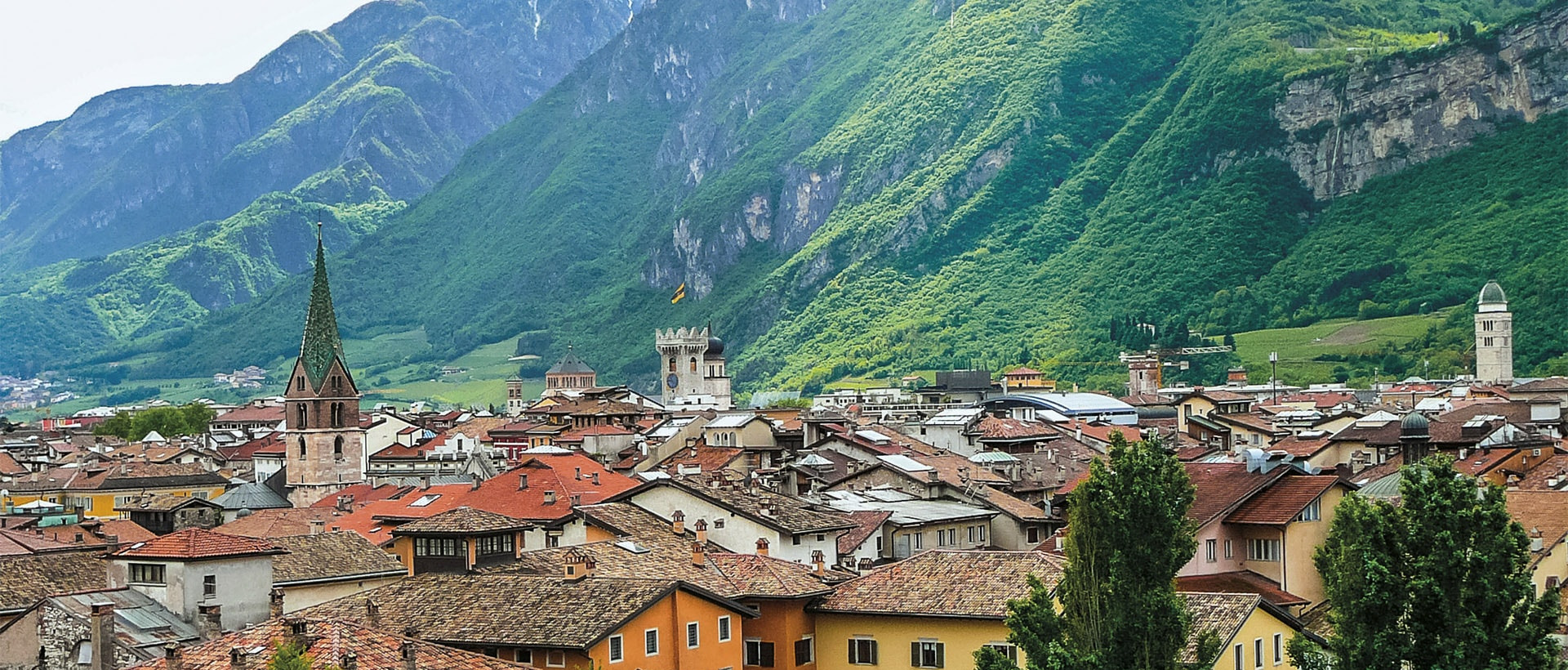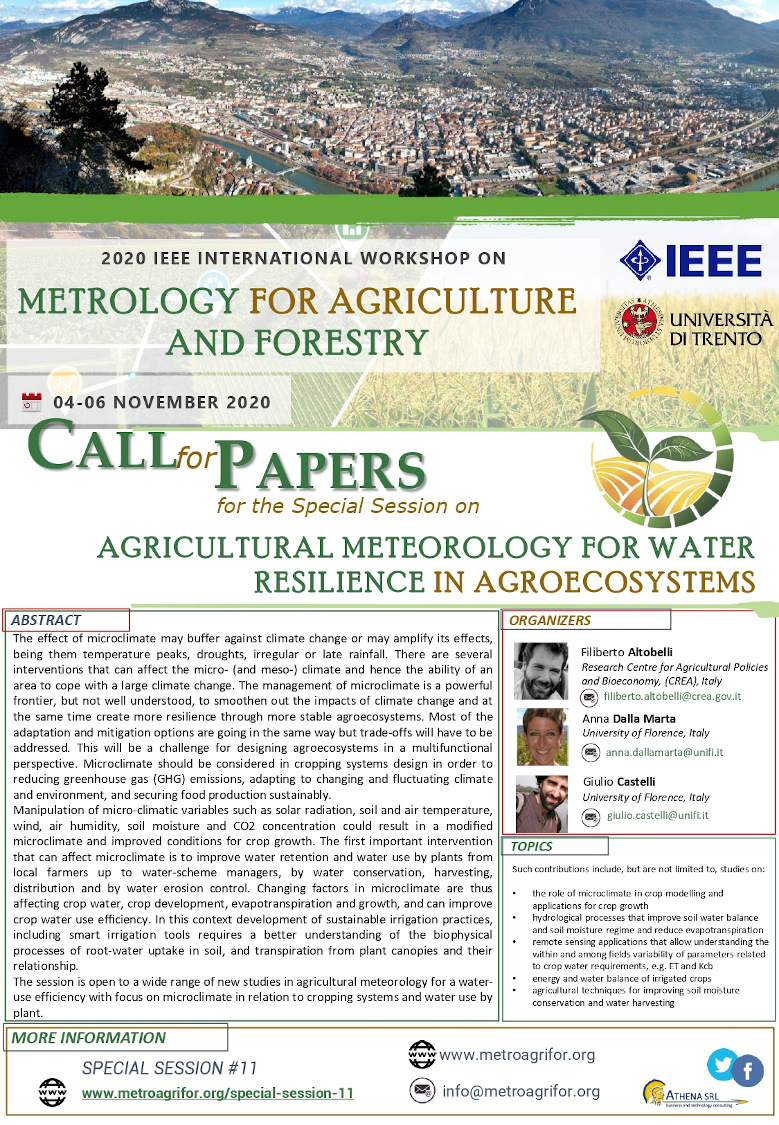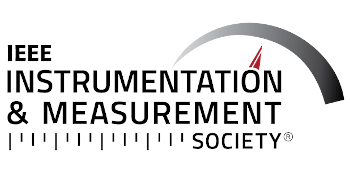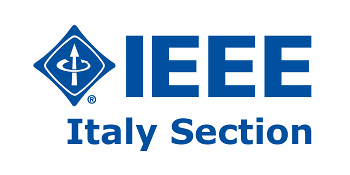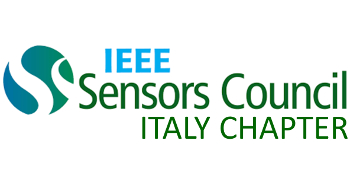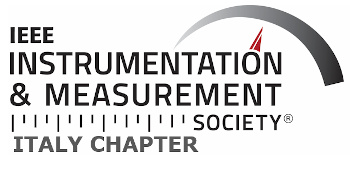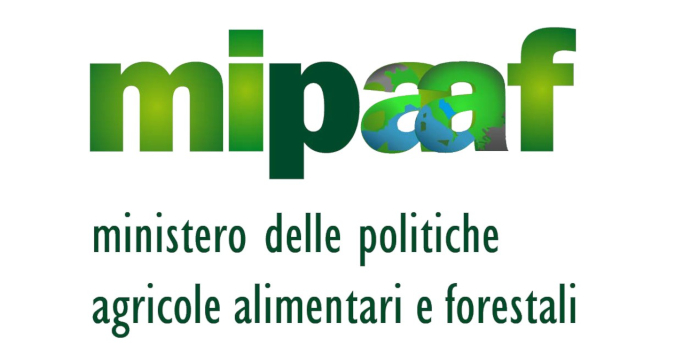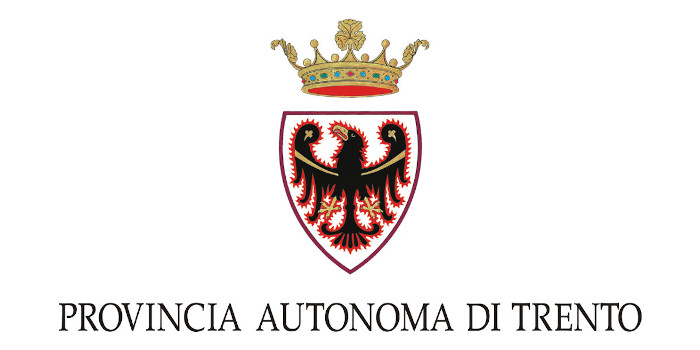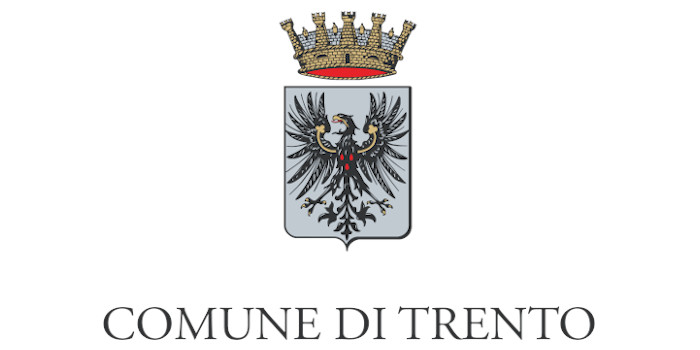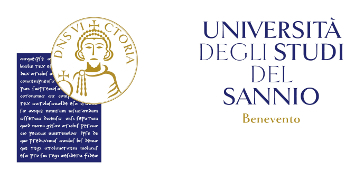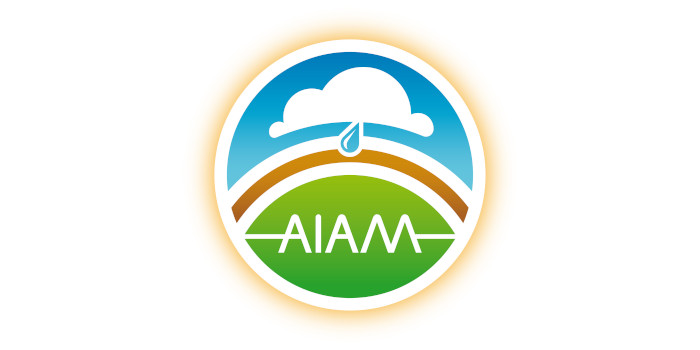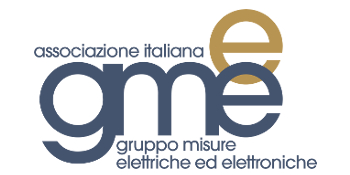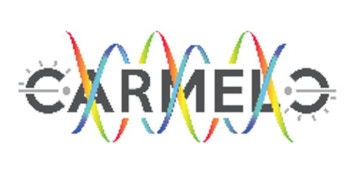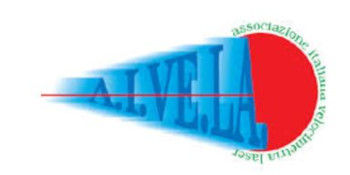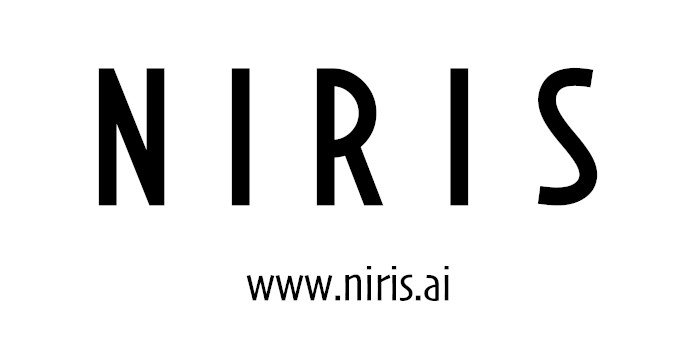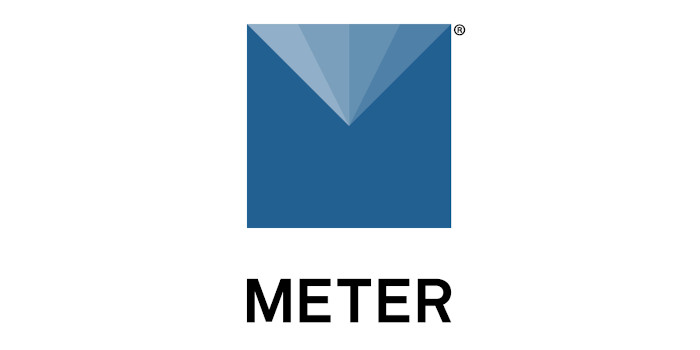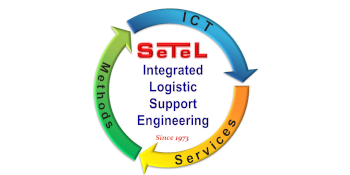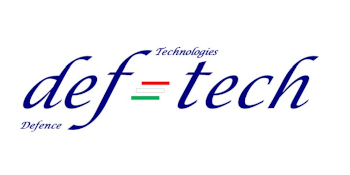Agricultural meteorology for water resilience in agroecosystems
ORGANIZED BY

Filiberto Altobelli
Research Centre for Agricultural Policies and Bioeconomy, Council for Agricultural Research and Economics (CREA), Italy
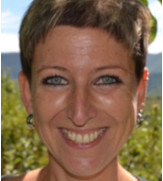
Anna Dalla Marta
University of Florence, Italy
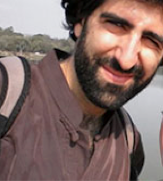
Giulio Castelli
University of Florence, Italy
ABSTRACT
The effect of microclimate may buffer against climate change or may amplify its effects, being them temperature peaks, droughts, irregular or late rainfall. There are several interventions that can affect the micro- (and meso-) climate and hence the ability of an area to cope with a large climate change. The management of microclimate is a powerful frontier, but not well understood, to smoothen out the impacts of climate change and at the same time create more resilience through more stable agroecosystems. Most of the adaptation and mitigation options are going in the same way but trade-offs will have to be addressed. This will be a challenge for designing agroecosystems in a multifunctional perspective. Microclimate should be considered in cropping systems design in order to reducing greenhouse gas (GHG) emissions, adapting to changing and fluctuating climate and environment, and securing food production sustainably.
Manipulation of micro-climatic variables such as solar radiation, soil and air temperature, wind, air humidity, soil moisture and CO2 concentration could result in a modified microclimate and improved conditions for crop growth. The first important intervention that can affect microclimate is to improve water retention and water use by plants from local farmers up to water-scheme managers, by water conservation, harvesting, distribution and by water erosion control. Changing factors in microclimate are thus affecting crop water, crop development, evapotranspiration and growth, and can improve crop water use efficiency. In this context development of sustainable irrigation practices, including smart irrigation tools requires a better understanding of the biophysical processes of root-water uptake in soil, and transpiration from plant canopies and their relationship.
The session is open to a wide range of new studies in agricultural meteorology for a water-use efficiency with focus on microclimate in relation to cropping systems and water use by plant.
TOPICS
Such contributions include, but are not limited to, studies on:
- the role of microclimate in crop modelling and applications for crop growth
- hydrological processes that improve soil water balance and soil moisture regime and reduce evapotranspiration
- remote sensing applications that allow understanding the within and among fields variability of parameters related to crop water requirements, e.g. ET and Kcb
- energy and water balance of irrigated crops
- agricultural techniques for improving soil moisture conservation and water harvesting
ABOUT THE ORGANIZERS
Filiberto Altobelli, PhD in Valorization and Management of the Agro-Forest Resources. Agronomist and Research scientist at CREA. He is involved in research on sustainability of natural resources in agriculture, cropping systems, irrigation and new technologies to adopt in sustainable field crops management (precision farming and modelling), agricultural meteorology, as well as natural resource policy and economy focused at sustainable agricultural productivity growth. He is involved in national and international projects on these field studies. Member of Scientific Board of Italian Association of Agrometeoroloy (AIAM) and Member of “Use and Soil management” division of the Italian Society of Soil Science (SISS). He has more than 70 publications (scientific articles in exteso appeared in national and international congress, scientific articles peer-reviewed).
Anna Dalla Marta, PhD in Soil Science and Climatology. Assistant professor at UNIFI. She is in the Board of Directors of the Italian Association of Agrometeorology and of the Italian Society of Agronomy. Main research focuses on agronomy and soil management and agricultural meteorology, sustainable production (LCA, nutrient balance, GHGs emission) and precision agriculture and irrigation. She collaborates to numerous national and international projects concerning modelling of crop production, assessment of impacts of climate and climate variability on crop yield and quality, precision farming and water management. She is author of more than 50 scientific papers on peer-reviewed international journals.
Giulio Castelli is currently Research Fellow at the Water Harvesting Lab of the Department of Agriculture, Food, Environment and Forestry (DAGRI), University of Florence. He holds a MSc in Environmental Engineering (with Honors) and a PhD (with Honors) in Sustainable Management of Agricultural Forestry and Food Resources from the University of Florence. His research topics include agricultural water management, water harvesting, micro- and mesoclimate management, remote sensing, hydrology and hydro-climatology. He also focuses on water management in general and on participatory approach to development. He worked for Italian Agency for Development Cooperation (AICS) in Sudan and he collaborates with The World Bank and with several NGOs. He was visiting PostDoc at the Stockholm Resilience Centre and he has working and research experience in Italy, Ethiopia, Burundi, Sudan, Bolivia, Rwanda, Guatemala, UAE, Mozambique, the Netherlands, Sweden, Myanmar. He is member of the volunteering association Ingegneria Senza Frontiere.
